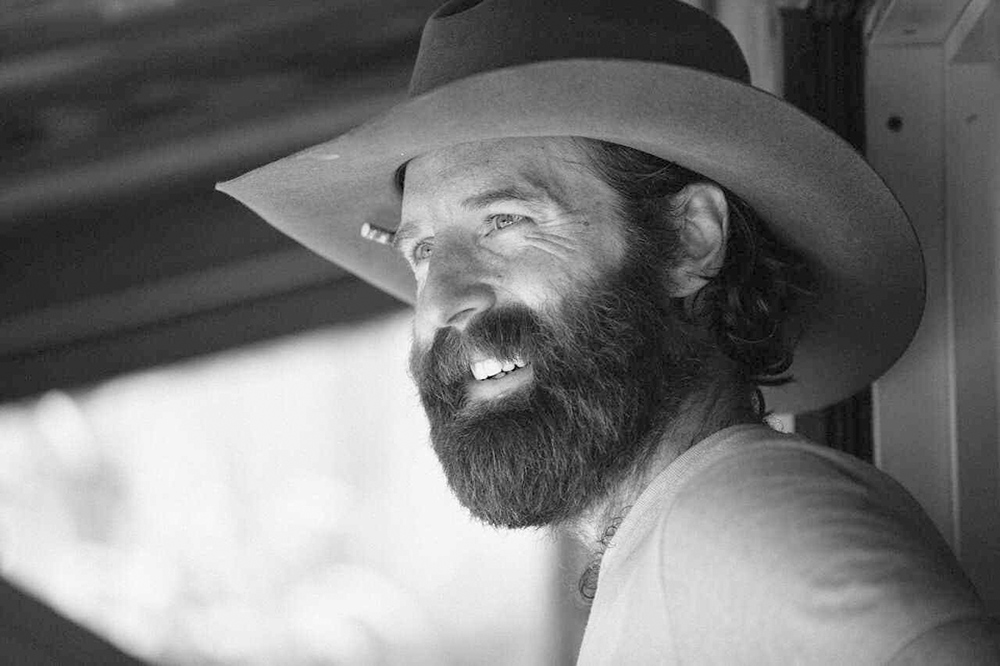By Sean Dietrich
Her elderly father sits in a wheelchair in front of a television. It’s an old console TV. The kind every American family had back in the early 80s. A big bulbous screen. An archaic remote that looks like a gadget from a James Bond movie and probably interferes with air traffic. There’s a fancy flat screen sitting on top of the old television, blaring a daytime talk show. He doesn’t move a muscle.
It’s been a very hard year.
She is mid-fifties. Pretty. She sits on the sofa next to him. She talks to him. He can hear her, but he doesn’t say much in return. He grunts occasionally.
“He’s in there somewhere,” she says. “I know it. Every now and then he recognizes me.”
But not often enough. She touches his hand and says, “Daddy, are you ready for lunch?”
He says nothing.
He has Alzheimer’s. He has good days and bad days. She lives with him. And the way it usually works for her is like this:
—When he has a good day, so does she.
—When he has a bad one, her day stinks.
“It’s just part of the deal,” she says. “When you’re a caregiver, you spend every waking moment in his world, wiping his face, brushing his teeth, I bathe him, too. That took some getting used to.”
But this column isn’t about Alzheimer’s. Not really. It’s about the big Douglas fir in the corner.
This Christmas, she sprung for a real tree instead of a phony one. It sits beside his television, covered in lights, ornaments, and golden garland.
They just put it up a few days ago. It was a spur-of-the-moment thing. She bought the tree because this year has been a miserable one. It all started one morning at breakfast when her father said, “Hey, Teresa.”
And he said it just like that. No big deal. Except that this is a big deal.
“I knew it was going to be one of his good days,” she says. “I had to hurry.”
So she called her neighbor to help. They bought a tree. They brought the thing into the living room. It was so big that it touched the ceiling and they had to trim it.
The old man saw the tree and his mood immediately shifted. He started shouting, “HEY! I’m not paying for that expensive tree, you good-for-nothing #&$$! Get that outta my house! I’m not paying! HELP!”
“Daddy,” said his daughter. “Calm down, its just a Christmas tree.”
He winked at her. “Aw, I was only kidding.” Then he laughed so hard his false teeth fell out and he almost choked.
“I thought he was having an actual episode,” she tells me. “But he was just being the jokester he always was.”
The tree is no cheapy. It’s lush and green. It‘s fragrant. When the old man first saw the tree resting in its final position, over in the corner, before the decorations, his face broke wide open.
“He cried,” she says. “But Daddy cries a lot these days. He cries at infomercials on the Home Shopping Network about air-fryers.” But this was different. She wheeled the old man to his tree. She let him touch it. Smell it. When he tried to eat it, she had to threaten him to quit fooling around.
They listened to old records. His music. Nat, Bing, Frank, Perry, Elvis.
“Music brings him out of his shell,” she says. “He was singing right along, he knew all the words. I got my phone out and recorded some of him singing, wanna see?”
She sent me a cellphone video. The old man is wearing a hat with elf ears and jingle bells. He smiles at the camera and mumbles along to Mel Tormé’s “The Christmas Song.”
On the video, it’s hard to understand his lyrics, his slurred words come out sounding more like:
“Chesh-ruts woasting on an open fryer,
“Jack frost slipping on your toes…
“Laah dah dee… HEY! TURN IT UP LOUDER!
“I CAN’T HEAR! I’M HUNGRY!”
So they decorated the tree. They laughed. They talked about her mother. He was giving her more than one-word grunts. He was saying full sentences. They were conversing like old times. They were father and daughter again. No longer caregiver and at-home patient.
They spoke about happy days when the family used to go on summer vacations. About Disney World, the Grand Canyon. About how they ate hotdogs cooked over a campfire in Yellowstone National Park when she was ten years old.
“He was always my hero,” she says. “I know that’s probably a little corny for your story, but it’s true.”
When they finished decorating, she was about to place the topper on the tree and call it quits for the day. But before she could, her father made a gentle suggestion:
“HEY! LEMME
DO IT!”
So she let him. She helped him out of his wheelchair. She stood behind him, holding him around the waist for support. She helped him use a mechanical claw grabber to place the figurine atop the tree.
When it was in place, he said the most poignant words a daughter could ever wish to hear during the Christmas season from her father: “Take me to the bathroom.” Then they laughed until their faces turned flush. The jokester returns.
Before bed, she washed him and helped him change into pajamas. And she wheeled her father into the den to get one last view of the tree before bedtime.
He looked at it for nearly forty minutes. Neither of them said anything.
He finally told her, “That looks pretty good.”
“Yeah, it does, Daddy.”
Then, she tells me the old man placed a hand on her face and said, “What would I do without you? You’re my everything, Teresa.”
Yes, indeed. It’s quite a tree.
